The UK education authority’s latest report highlights the effect of the pandemic on students’ music education provision
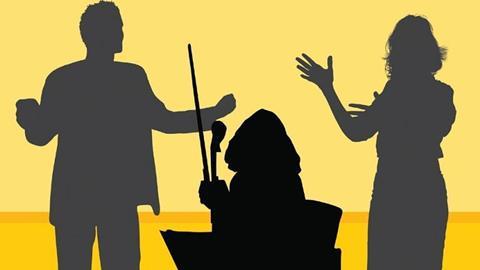
UK education authority Ofsted has released a report confirming the impact on music education wrought by the Covid-19 pandemic. The findings show that:
- some school leaders are focusing on theoretical elements of music for some pupils, owing to concerns about organising safe access to practical work – even though other schools have successfully adapted in order to overcome these problems;
- many primary schools were delaying teaching music in class until later in the year and a number were not offering it remotely;
- a lack of access to equipment in the first national lockdown had affected pupils’ learning in music and where practical teaching was still not offered (often pupils in Key Stage 3, for pupils aged 11 to 14) this problem has persisted;
- many Key Stage 3 pupils were doing less practical work, because leaders had prioritised key stage 4 and 5 to use music rooms;
- most primary school leaders had narrowed curriculum ‘to prioritise English and mathematics’.
The findings echo those of a report recently published by the Incorporated Society of Musicians (ISM), which showed that almost ten per cent of primary and secondary schools are not teaching class music at all, while 68 per cent of primary school and 39 per cent of secondary school teachers state that music provision is being reduced.
Read: ISM report highlights devastating impact of COVID-19 on music education
Read: ISM responds to government announcement for indoor performances
Read: ISM updates UK live performance guidelines
’Our recent research showed that opportunities for pupils to make and create music are becoming more limited and now Ofsted have explained that this is due in part to the decision-making of some schools,’ said ISM chief executive Deborah Annetts. ’However, it cannot be forgotten that the Department for Education published guidance at short notice, in some cases giving schools just a few days to implement safe practices.’
The ISM report also noted that extracurricular activities are no longer taking place in 72 per cent of primary schools and 66 per cent of secondary schools this academic year. Teachers have reported that face-to-face instrumental lessons are not continuing in 35 per cent of primary schools and 28 per cent of secondary schools. One teacher was quoted as saying they have been forced to use 15 B&Q buckets as drums in the classroom.


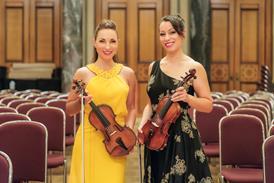
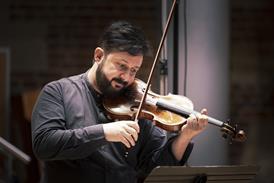

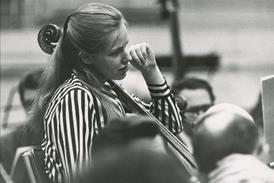





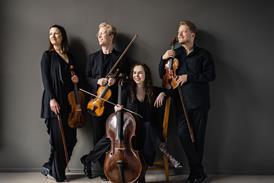


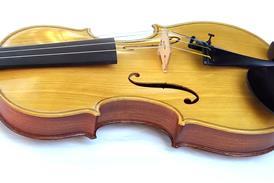




















No comments yet